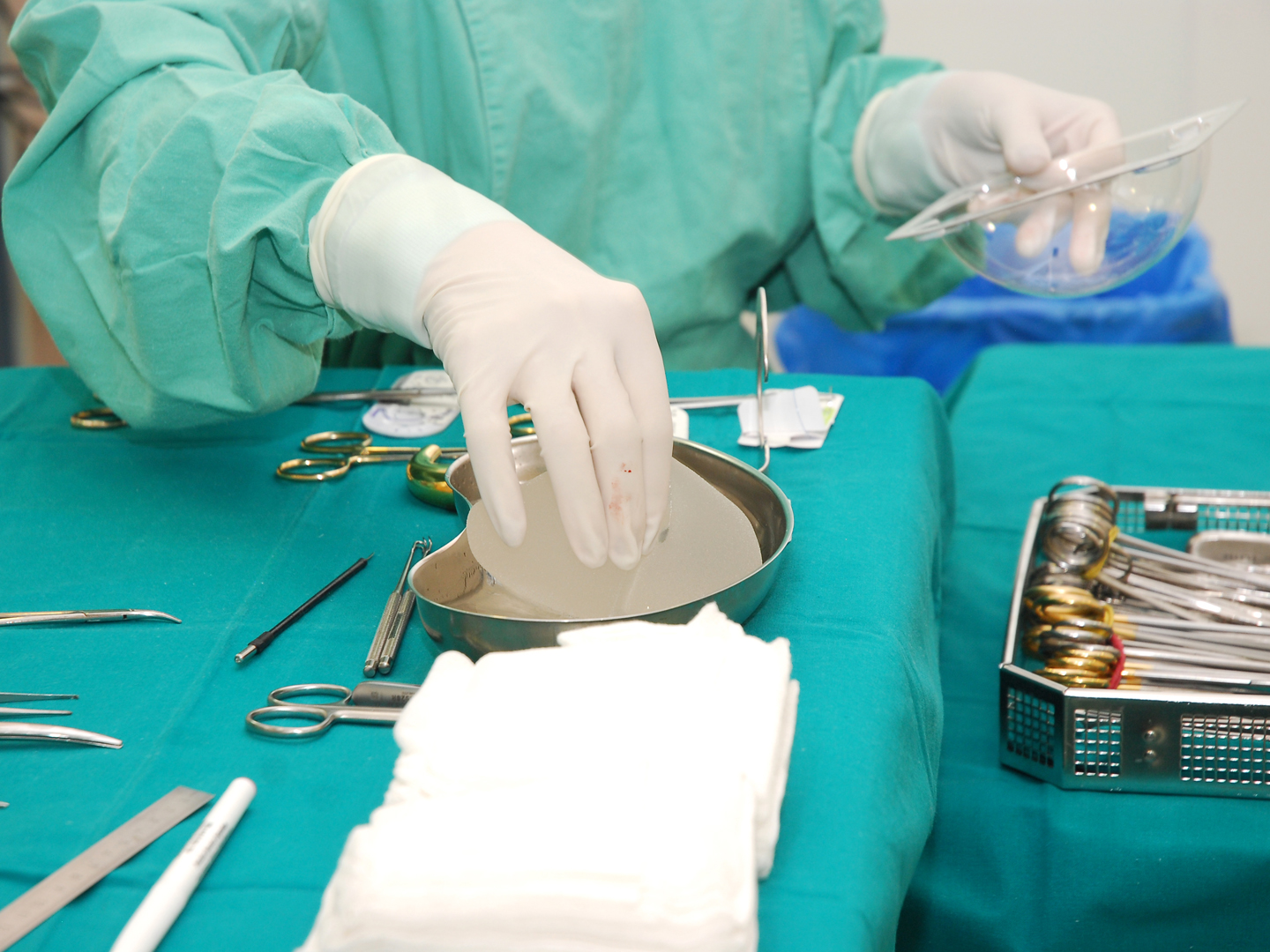How Risky Are Breast Implants?
I had breast implants about 10 years ago and have had no problems, but the implant scandal in France is making me very nervous. I’m also wondering if it is true that all breast implants have to be removed eventually.
Andrew Weil, M.D. | March 8, 2012

For those who haven’t been following the tragic implant story from France, here’s a brief summary: in December 2011, French health authorities recommended that the more than 30,000 French women with certain silicone-filled breast implants have them removed. The implants at issue were made by a company called Poly Implant Protheses and are popularly referred to as PIP implants. According to French authorities, more than 10 percent of these PIP products ruptured within a year of surgery because the sacs containing the silicone were weaker than they should have been. Worse, the implants were filled with industrial-grade silicone intended for waterproofing bricks, rather than medical-grade silicone required to be used by implant manufacturers. According to the New York Times, about 300,000 women in 65 countries received the defective PIP implants with industrial-grade silicone. Investigations in France revealed that PIP used this lower-quality product to save money. The founder of the PIP company was arrested on January 26, 2012.
Even the best-made breast implants filled with medical-grade silicone can rupture and leak, causing pain and irritation, but many women whose implants have ruptured and are slowly leaking silicone have no symptoms. One risk of leakage, however, is that the immune system will target the implant as foreign to the body and form scar tissue around it. In 20 percent of cases, this tissue can harden and put pressure on the implant, causing pain, disfiguration, and rupture. If you have implants, it is important to take notice of any changes in the breast that could signal implant damage.
The Food and Drug Administration (FDA), which regulates breast implants in the United States, reports that up to 30 percent of women will need to have their implants removed or replaced within 10 years of the surgery. According to the American Society of Plastic Surgeons, no breast implants are guaranteed to last a lifetime, so they may need to be removed or replaced at some point.
In the past, some women who had silicone breast implants reported developing serious medical problems, including a variety of autoimmune conditions. However, no evidence has shown that these diseases (and others, including cancer and neurological disorders) are any more common in women with breast implants than in those who haven’t had the implants.
In 2011, the FDA did establish another potential health risk of breast implants, reporting that both silicone and saline implants have been associated with a “very small but significant” increased risk of a very rare type of lymphoma, a malignancy affecting the lymphatic system. Fortunately, this type of cancer is treatable; sometimes, all that’s required is removal of the implants and surrounding scar tissue, although some affected women have required chemotherapy and radiation. The lymphoma risk applies to women who have had implants for breast reconstruction after cancer surgery as well as those who have had the implants for cosmetic reasons alone.
Any woman considering breast implants should be aware of the reality that they may someday have to be removed or replaced and take into consideration the cost involved. If you had the implants put in as a cosmetic breast augmentation procedure, I doubt that the cost was covered by your health insurance. The same will probably apply to their removal. U.S. health insurance carriers are unlikely to pay for removal or replacement of breast implants unless they were part of breast reconstruction following a mastectomy, and the procedure is deemed medically necessary.
Andrew Weil, M.D.










